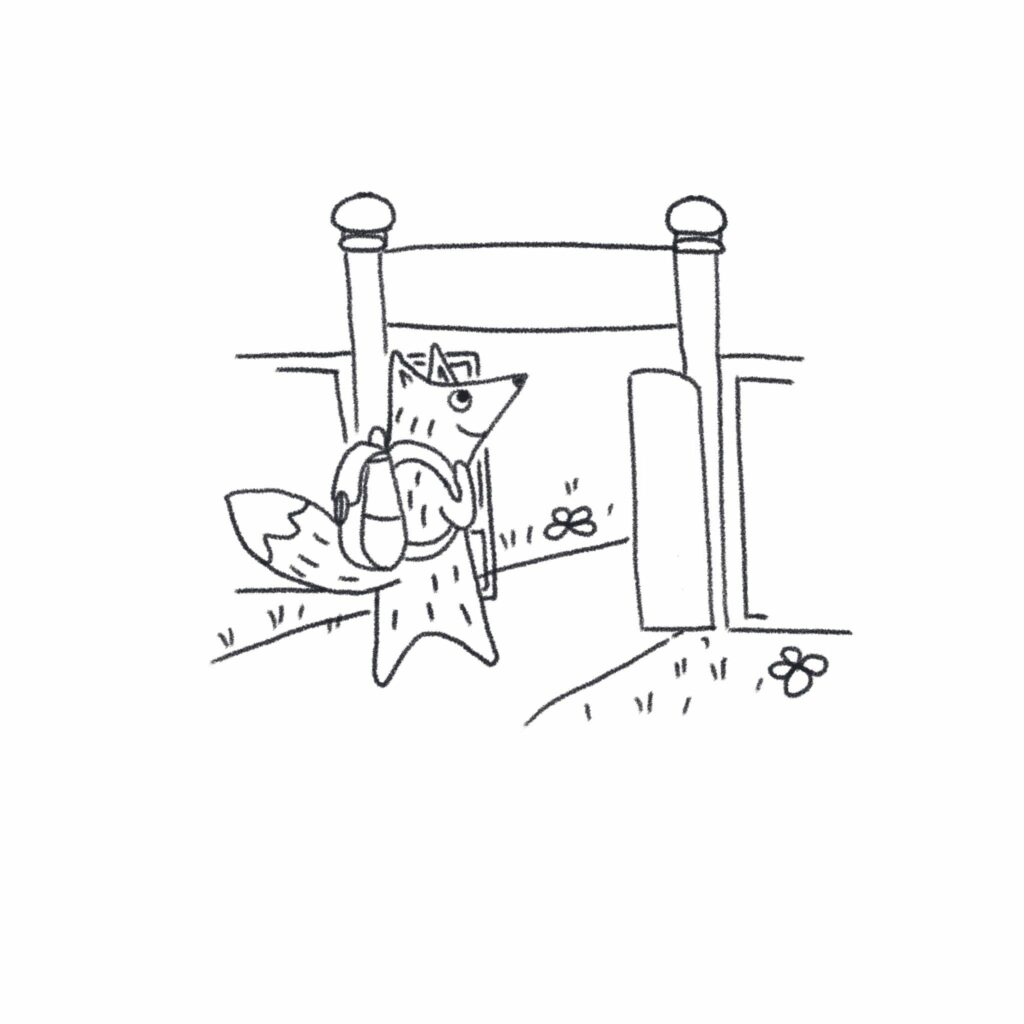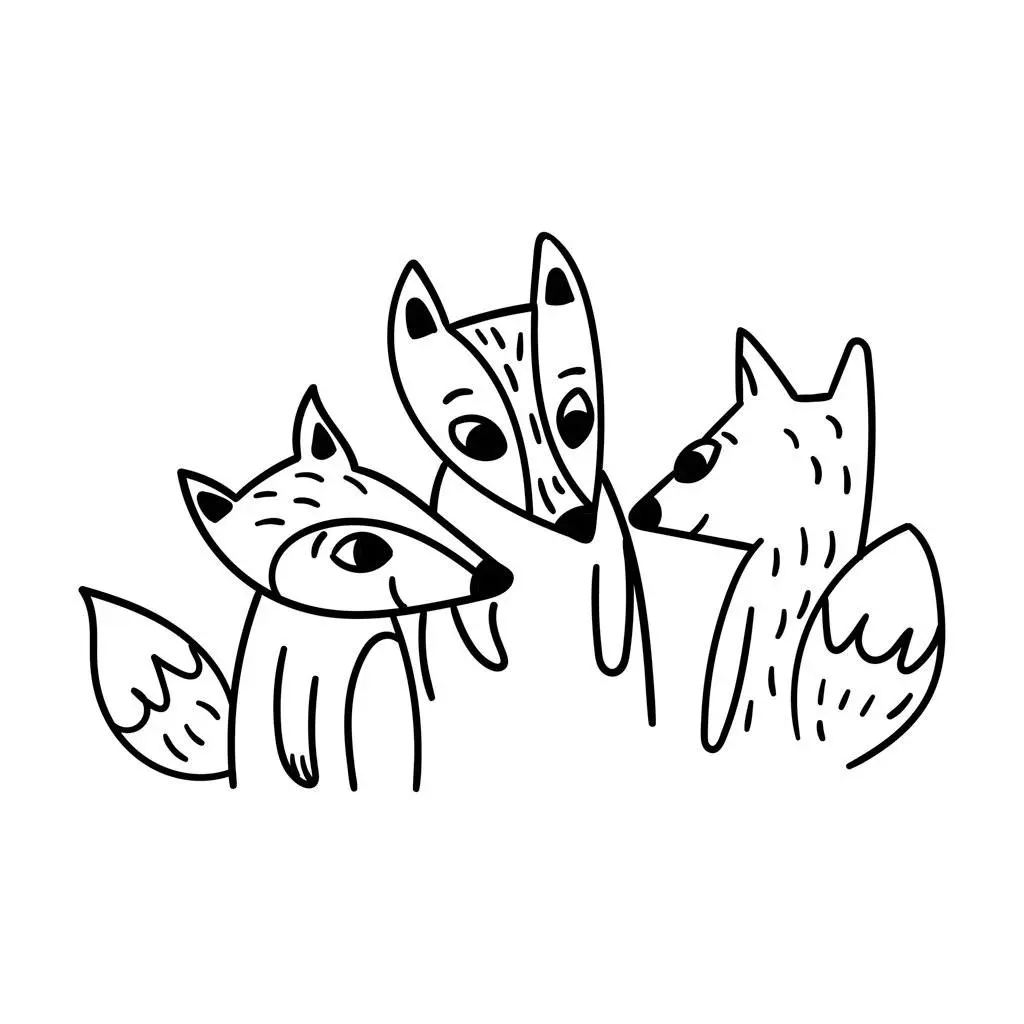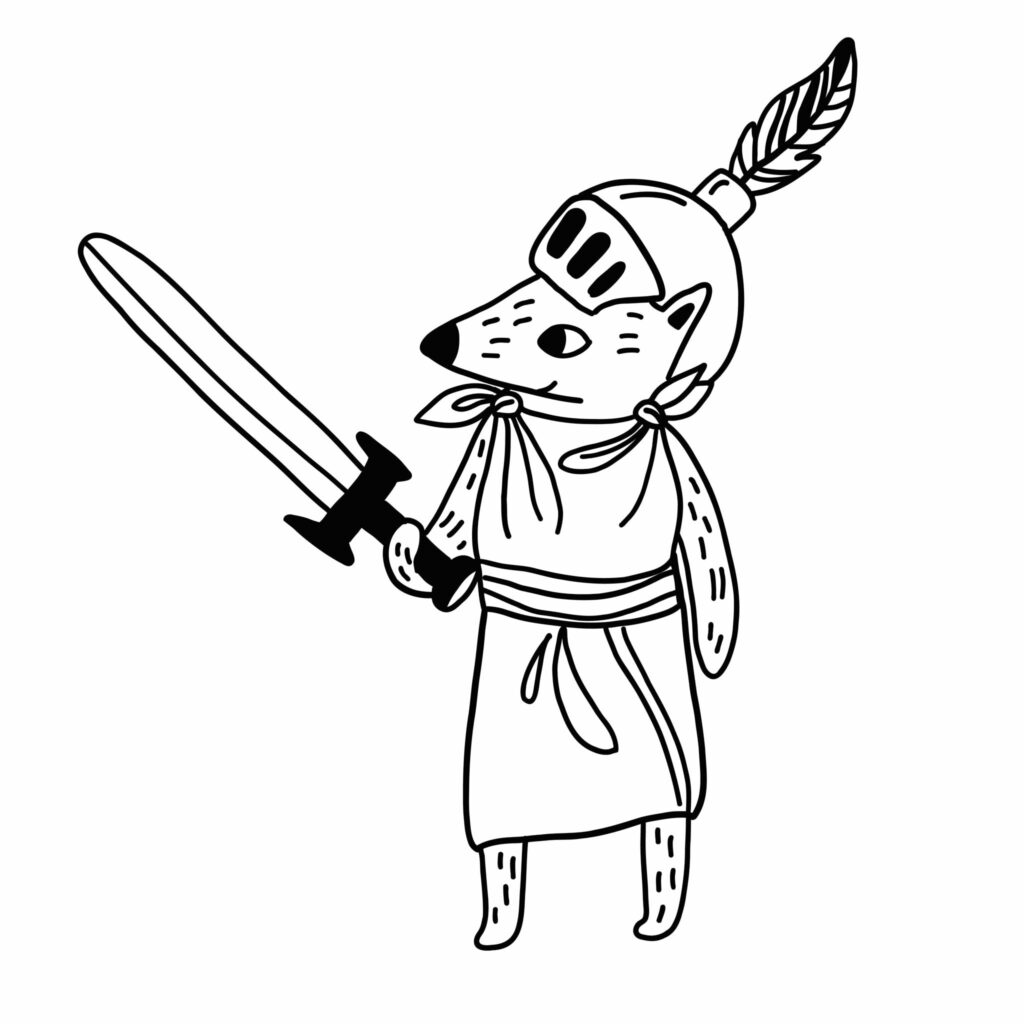A newspaper clipping of my grandmother offering water to a British soldier during the troubles in Cyprus. It’s the only photograph I have of her during this time.
As part of our site redesign we’re updating our manifesto, which has been sitting, unloved, in a quiet corner for the past three years. I’m having to put into words what we stand for – and why we exist – and it seems to me that it doesn’t make sense unless you know a little bit about my family.
There’s nothing special about my childhood. Born in London, I grew up in the suburbs and had toys, just like everyone else my age. Looking back, though, what was different were the stories I heard. My father was born during the war and rationing meant there were no toys available. Children were turfed out first thing in the morning and expected to occupy themselves until dinner time. My mother comes from Cyprus. Her family were shepherds and extremely poor. The photograph you see above is the only one I have of my grandmother during this period – they lost everything and had to leave the country during the war of 1974. When I’d visit her as a child, there were no toys to play with. Instead, she’d reach for the flour and water to make dough, a potato and some cloves to make a crude doll or some dried pasta and beans to arrange into a picture. Later, I’d wander out into the garden to help my grandfather tend to the plants.
Then, as an adult, I became a teacher, spending most of my time in the nursery. Like Cypriot peasants, early years workers have no money for resources. It’s all a bit wartime: make-do-and-mend, recycle, find creative uses for what little you have.
With hindsight, a website extolling the virtues of more play and fewer toys was simply another step along the same road.
So, back to the 100 Toys Manifesto. The short version is, learn to be creative and make your own fun. It’s good for you. The right toys can help, but not too many. That’s it.




